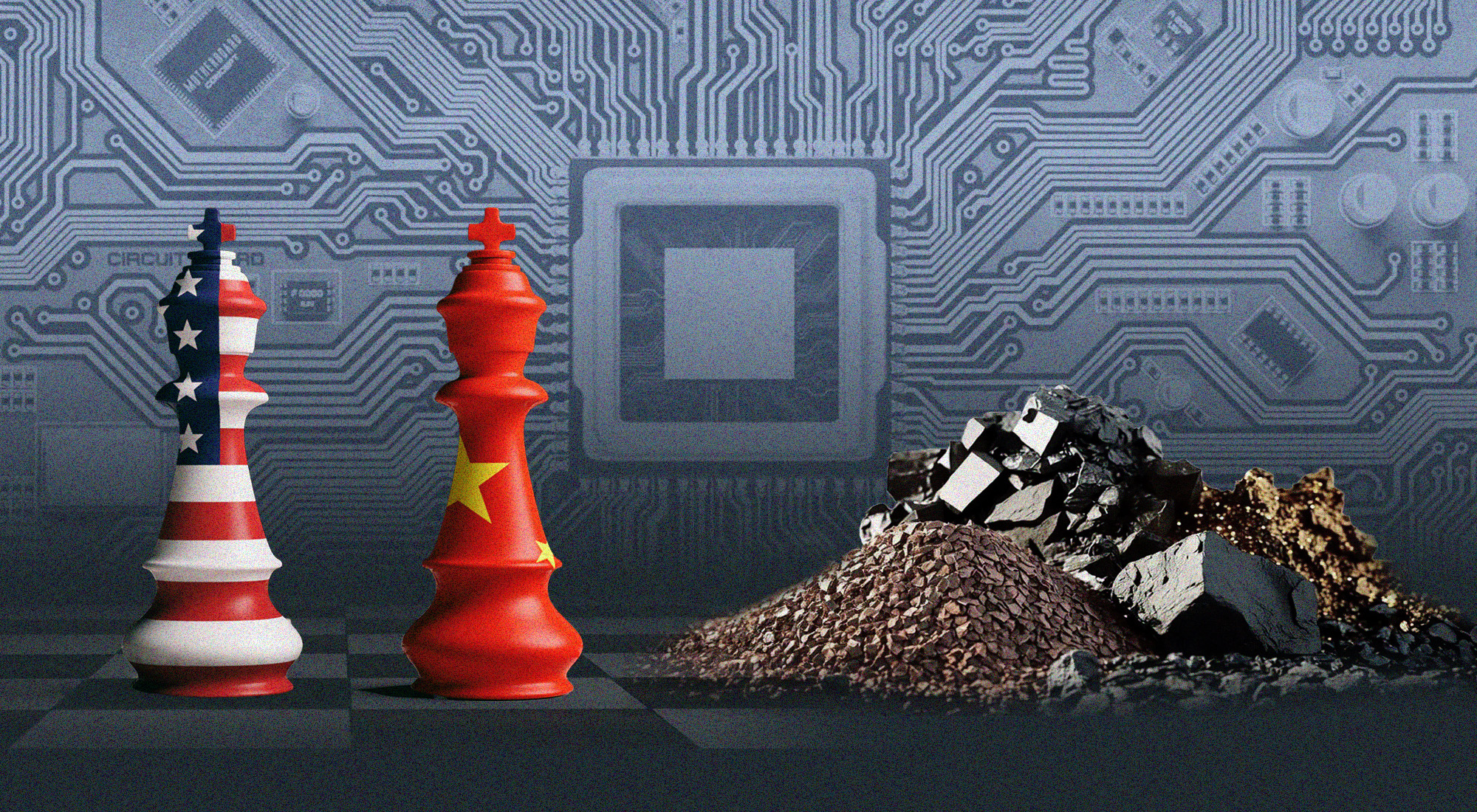
Warwick Powell, Adjunct Professor at Queensland University of Technology, Senior Fellow at Beijing Taihe Institute
Jun 30, 2025
The genius of China’s approach is that it never triggers a full-scale crisis. It ensures that American companies and politicians exist in a state of perpetual anxiety. Inventories shrink to manage costs and procurement becomes a game of roulette. Meanwhile, Beijing can modulate the pressure.
Ghulam Ali, Deputy Director, Hong Kong Research Center for Asian Studies
Jun 17, 2025
U.S. restrictions aimed at obstructing China’s technological development have, in practice, accelerated China’s pursuit of technological self-reliance.
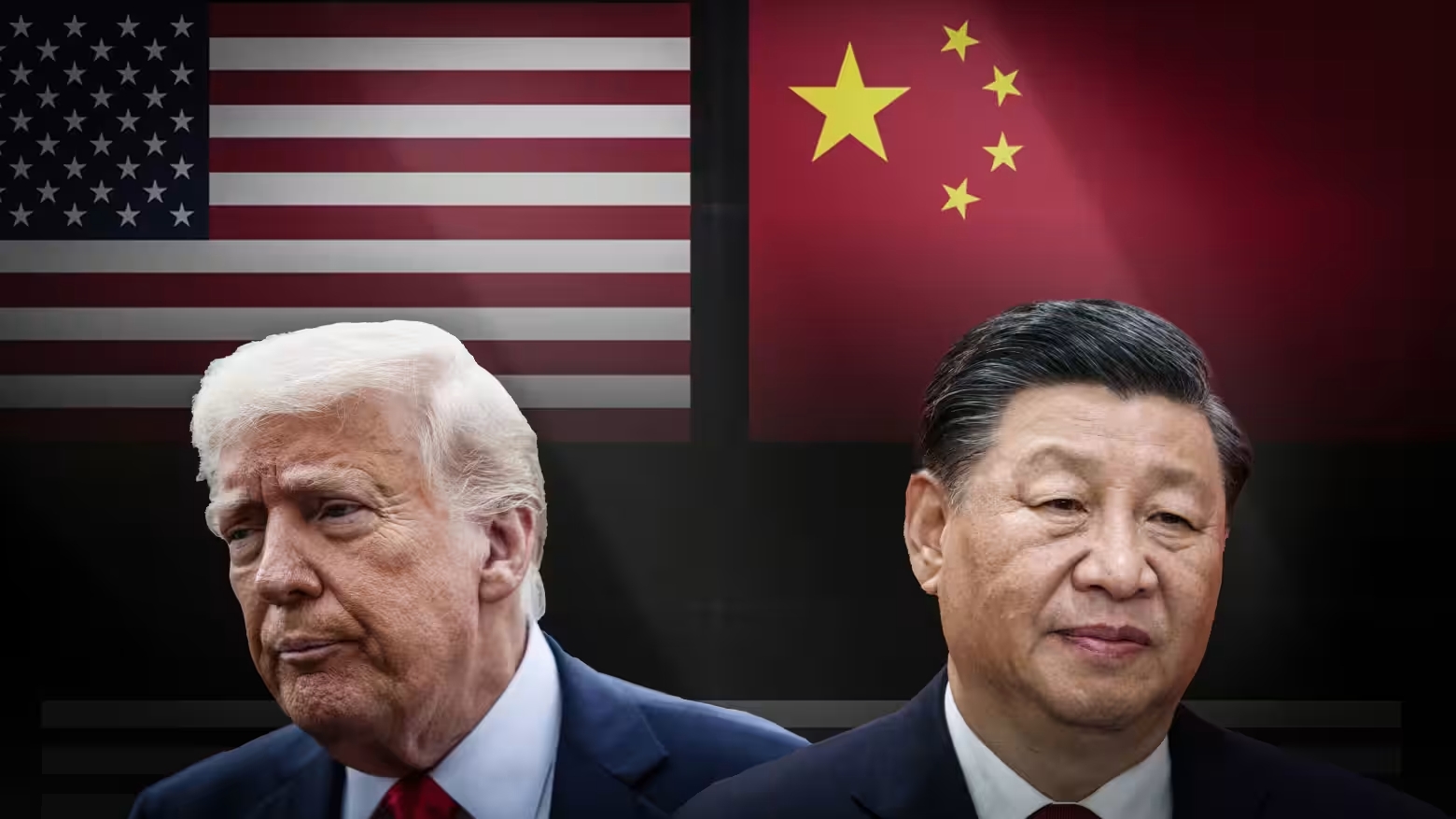
Fu Suixin, Assistant Researcher at Institute of American Studies, Chinese Academy of Social Sciences
Jun 12, 2025
Given the fact that most disruptions in the bilateral relationship originate in Washington, it is essential that the Trump administration apply the consensus reached during the call to its future actions.
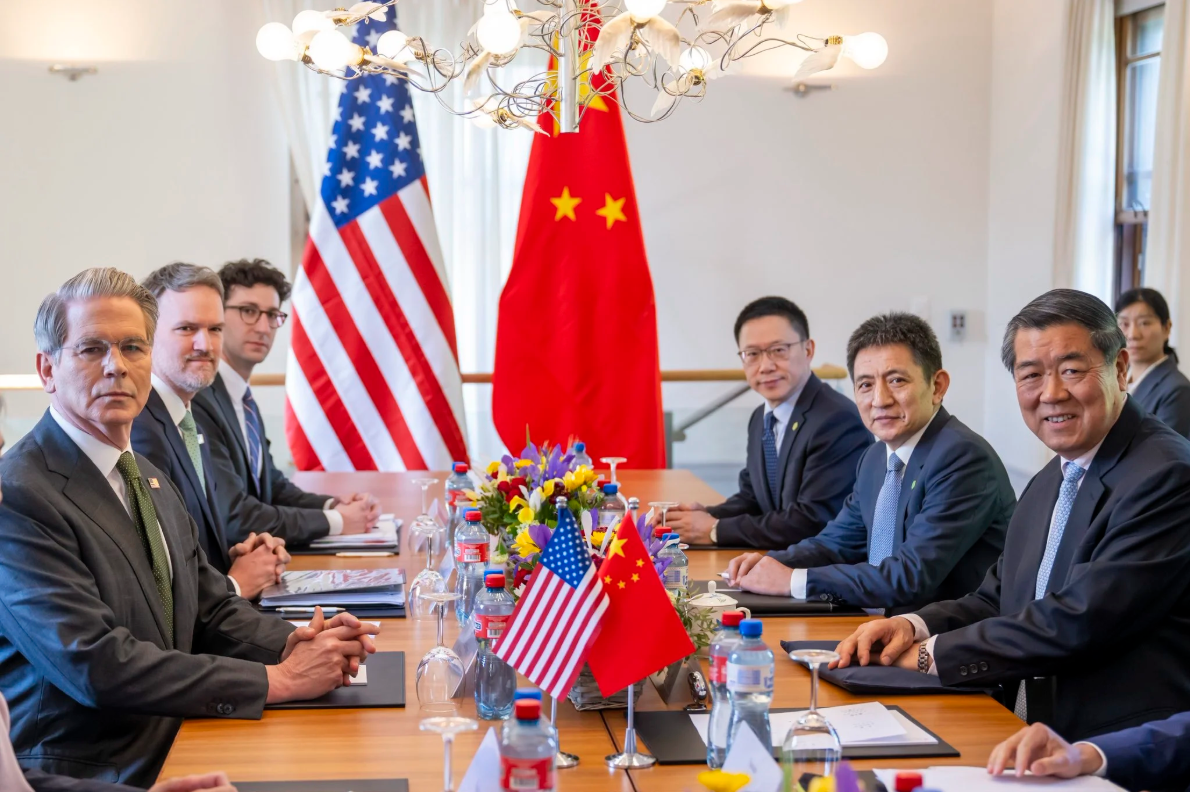
He Weiwen, Senior Fellow, Center for China and Globalization, CCG
May 30, 2025
Values laid out by China and the United States — equality, mutual respect and mutual benefit — will keep trade tensions under control through practical results and stabilize the important trade relationship.
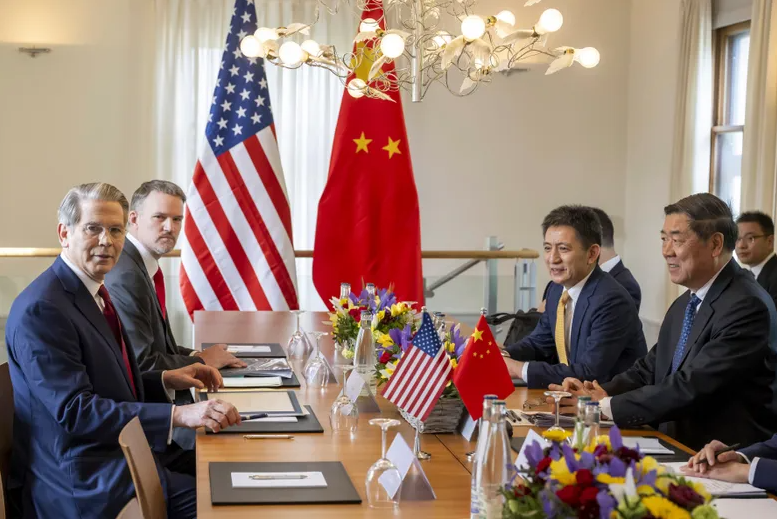
Ghulam Ali, Deputy Director, Hong Kong Research Center for Asian Studies
May 23, 2025
U.S. President Donald Trump’s unwarranted global tariff war, which began on April 2, 2025, with steep 145 percent tariffs on China, alerted economists to unforeseen global consequences. As China’s economy relied heavily on manufactured goods, and with the U.S. as its largest export destination, the Trump administration believed that imposing tariffs could weaken China and compel it to comply with its terms and conditions. Beijing, well-prepared in advance, proved this belief wrong. China’s resolute response within weeks forced the U.S. to enter negotiations, which took place from May 10 to 12 in Geneva, in which the two sides agreed to suspend tariffs for 90 days. The success of Beijing’s policy relied on several factors.
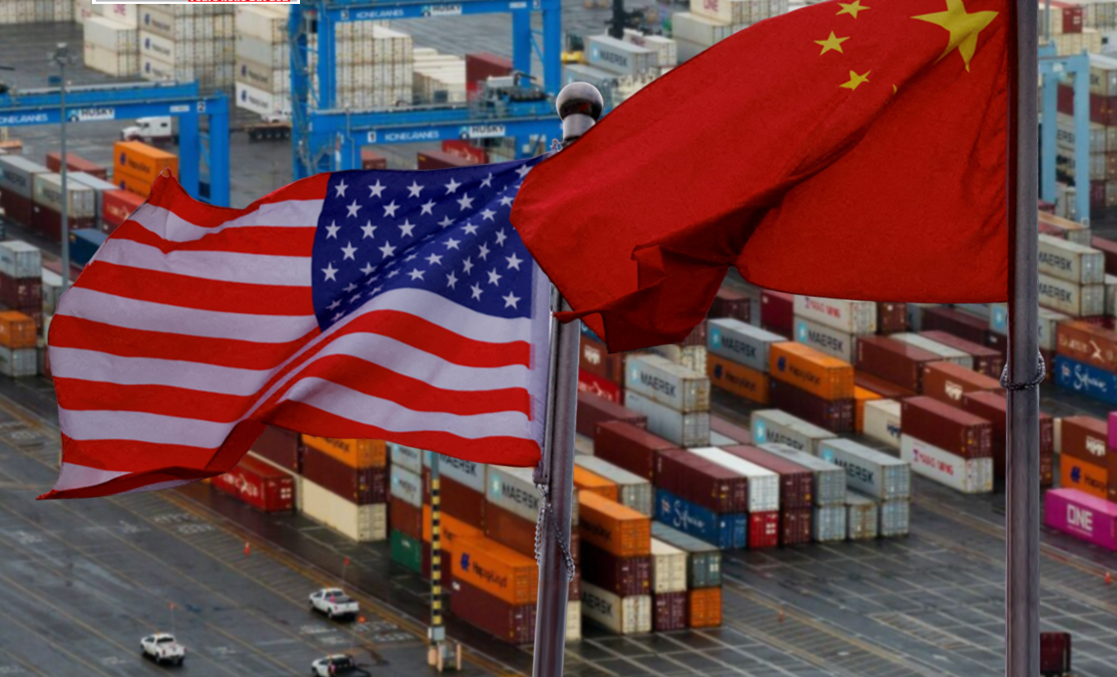
Ma Xue, Associate Fellow, Institute of American Studies, China Institutes of Contemporary International Relations
May 23, 2025
The recent China-U.S. economic and trade talks have helped ease trade tensions between the world’s two largest economies. Tariffs have been reduced significantly, lifting the pessimistic mood. However, a sustainable trade agreement has not yet been sealed.
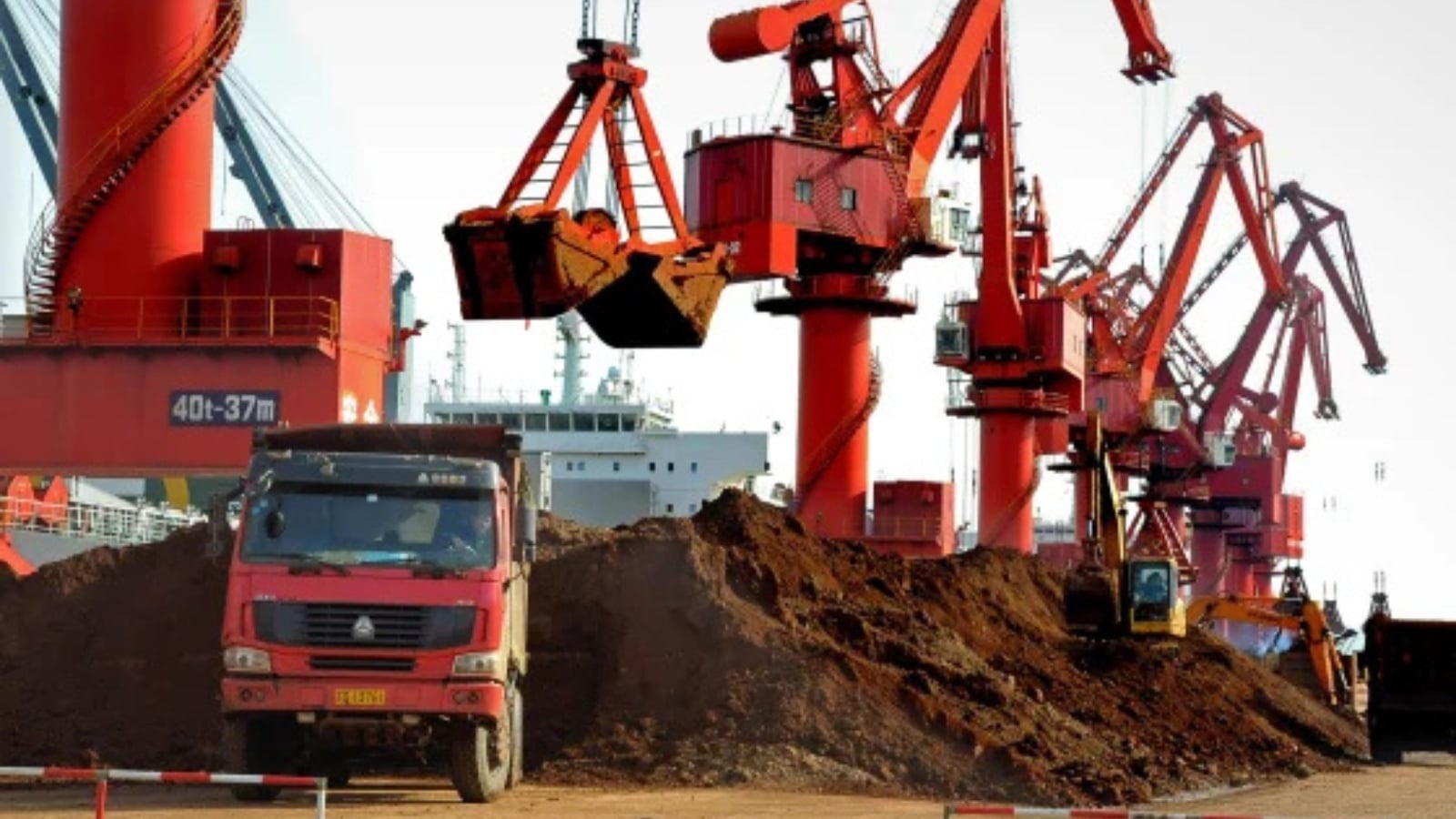
Christopher A. McNally, Professor of Political Economy, Chaminade University
May 23, 2025
China’s new export licensing system strengthens its control over key rare earth elements, deepening supply chain risks. Although new processing facilities are emerging abroad, they won’t soon offset China’s dominance, prolonging global uncertainty.
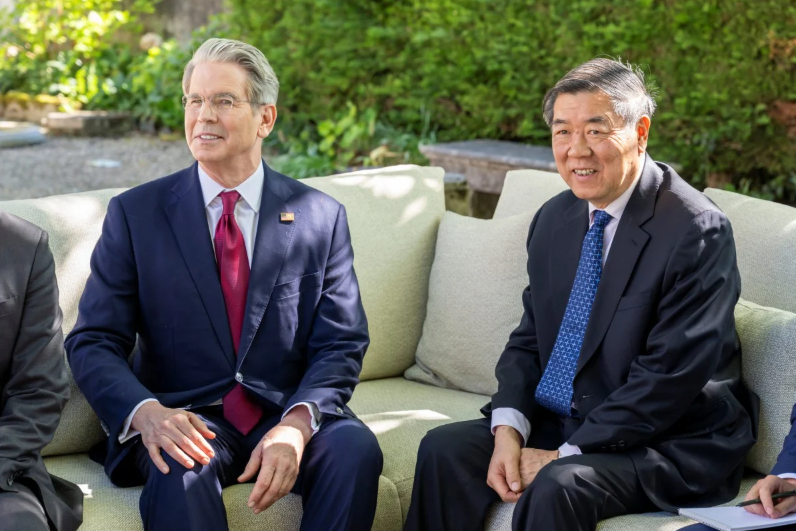
Fu Suixin, Assistant Researcher at Institute of American Studies, Chinese Academy of Social Sciences
May 22, 2025
To Donald Trump’s surprise, China showed no fear of tariffs. Instead, it launched a powerful tit-for-tat counteroffensive that caused the United States to back off. Trump’s pattern of bullying, his obsession with bellicose showmanship, his love of flattery and his attempts to instill fear are on display for all to see.
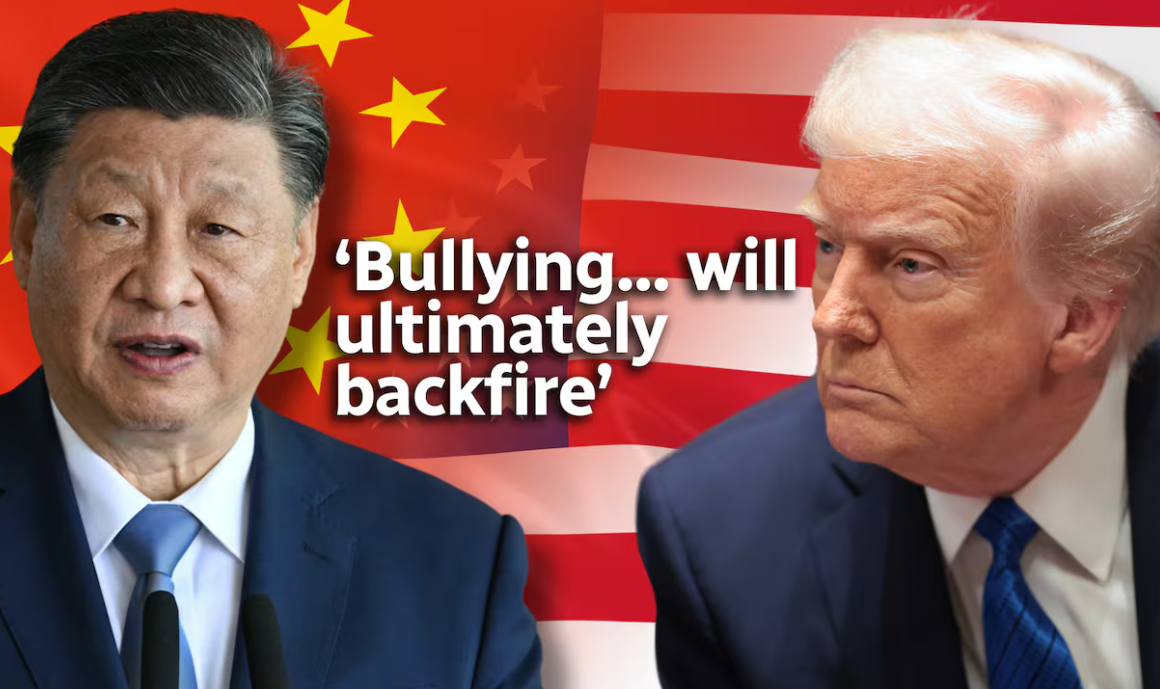
Brian Wong, Assistant Professor in Philosophy and Fellow at Centre on Contemporary China and the World, HKU and Rhodes Scholar
Apr 28, 2025
Speculation about a "Grand Bargain" between Trump and Xi persists, but deep divisions within Washington, Trump’s erratic leadership, and Beijing’s long-term strategic patience make a major breakthrough unlikely. Even if a meeting occurs, structural mistrust and political instability on both sides suggest any deal would be fragile at best.

Shang-Jin Wei, Professor, Finance and Economics at Columbia University
Apr 22, 2025
China has taken a tough stance against US President Donald Trump, matching the last two rounds of US tariffs with tariffs of its own. The US tariff on goods from China is now 145%, while China’s is 125%. Why does China take such a position, and are there any off-ramps that would allow it to mitigate the costs of a prolonged trade war?